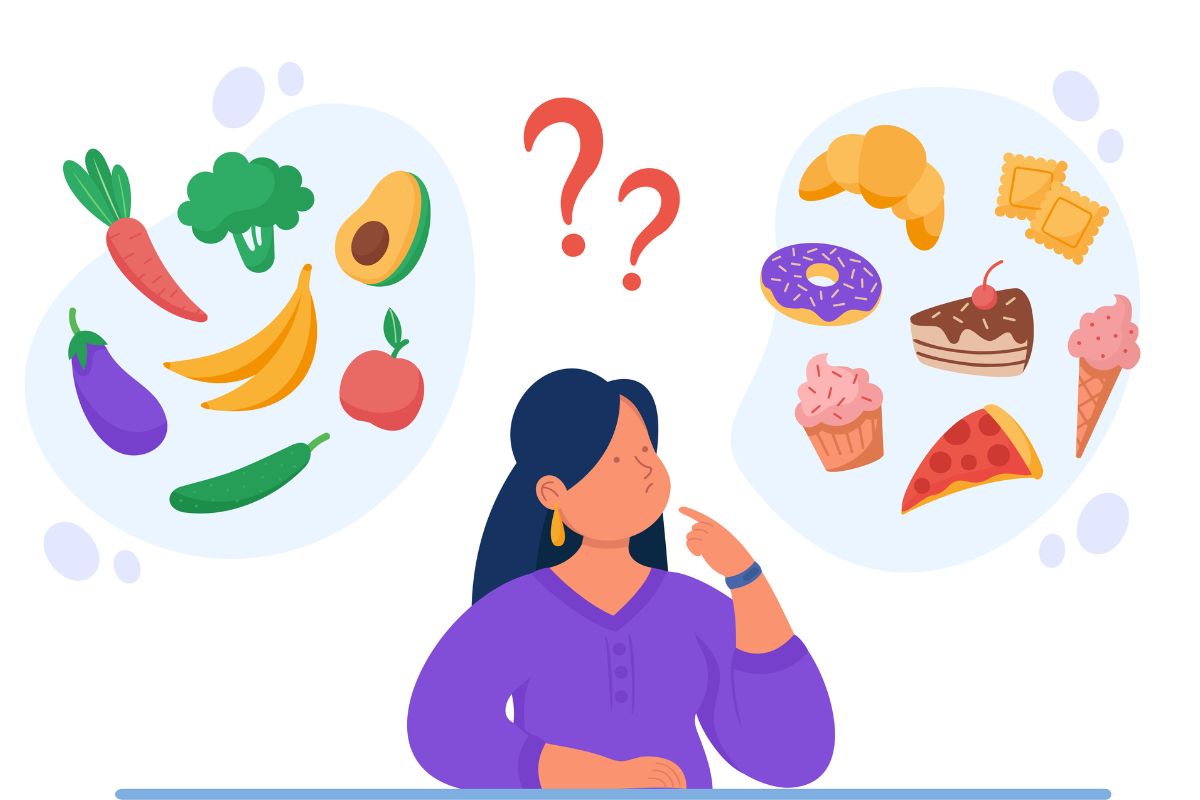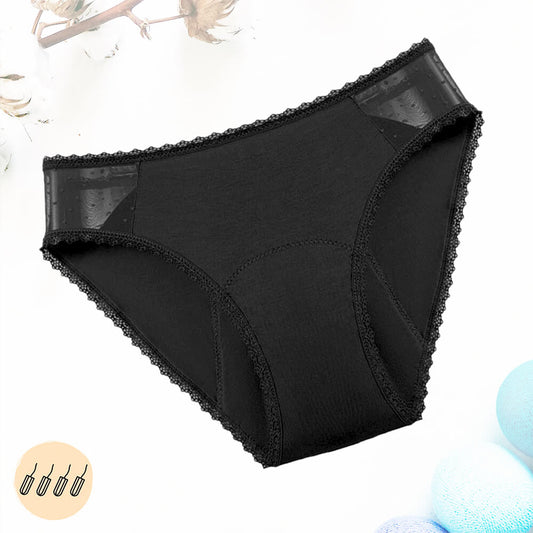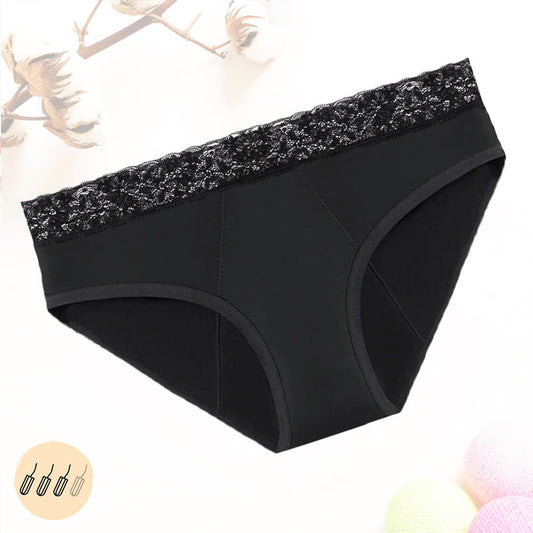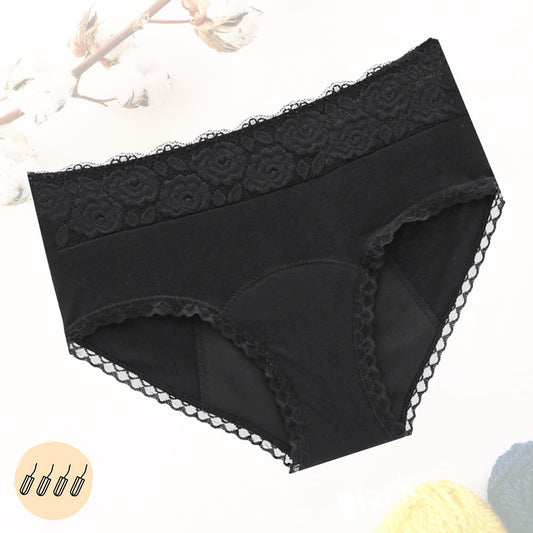
Menstruation is often accompanied by unpleasant symptoms, such as pain and menstrual cramps, which are among the most common disorders. Although various remedies are available to alleviate these discomforts, diet proves to be a determining factor in their management. Indeed, certain foods, with targeted nutritional properties, can help reduce inflammation and the intensity of menstrual pain, thus providing natural relief during this phase.
Omega-3: Natural Anti-inflammatories
Omega-3 fatty acids, known for their anti-inflammatory properties, are particularly beneficial for
reduce and relieve the intensity of menstrual pain. Oily fish like salmon, sardines, and mackerel, as well as chia seeds and walnuts, are excellent sources of omega-3. Incorporating these foods into your diet can help ease menstrual cramps. Indeed, a
study published in the American Journal of Obstetrics and Gynecology found that women who regularly consumed omega-3s experienced less severe menstrual pain. This finding highlights the importance of a diet rich in omega-3 for the management of menstrual symptoms.
| Foods rich in Omega-3 |
Why consume them |
| Salmon |
Rich in EPA and DHA, powerful anti-inflammatories |
| Chia seeds |
Plant source of ALA, also rich in fiber |
| Walnuts |
Good for the heart and reduce inflammation |
| Linen |
Excellent plant source of ALA, supports digestive health |
| sardines |
Contain high levels of EPA and DHA, beneficial for cardiovascular health and reducing inflammation |
Magnesium: A Key Mineral
Magnesium plays a crucial role in muscle relaxation, which can be helpful in relieving menstrual cramps. Foods rich in magnesium such as spinach, almonds, bananas, and dark chocolate not only provide a feeling of well-being but can also reduce the severity of pain associated with periods. Magnesium also helps regulate the levels of neurotransmitters that modulate the pain signal in the brain. By increasing magnesium intake, some women may experience a noticeable decrease in the frequency and intensity of menstrual cramps.
| Foods rich in Magnesium |
Why consume them |
| Spinach |
Excellent source of magnesium, helps with muscle relaxation and reduction of cramps |
| Almonds |
Rich in magnesium, helps improve mood and prevent pain |
| bananas |
Provide magnesium and potassium, useful for electrolyte balance and reduction of cramps |
| Dark chocolate |
Rich in magnesium, provides healthy pleasure while soothing menstrual pain |
| Pumpkin seeds |
Dense source of magnesium, excellent for muscle relaxation and general well-being |
Water and Herbal Teas: Hydration and Soothing
Adequate hydration is fundamental, especially during menstruation. Drinking plenty of water can help prevent water retention and bloating. Herbal teas, especially those made from ginger or chamomile, can offer a calming effect on menstrual cramps thanks to their anti-inflammatory and relaxing properties. Additionally, ginger, in particular, has been studied for its analgesic and anti-nausea effects, which can be extremely beneficial for women who suffer from severe menstrual symptoms.
| Recommended drinks |
Properties |
| Water |
Essential for hydration, helps reduce bloating and aid digestion |
| Ginger tea |
Has anti-inflammatory and analgesic properties, ideal for relieving cramps |
| Chamomile tea |
Helps relax muscles and mind, contributing to better management of stress and pain |
| Raspberry herbal tea |
May tone and relax the uterus, reducing menstrual cramps |
| Cucumber infused water |
Hydrates while providing essential nutrients, promoting overall well-being |
Foods Rich in Calcium
Calcium is not only essential for bone health; it can also play a role in reducing
symptoms of premenstrual syndrome (PMS), including cramps. Dairy products, leafy green vegetables like kale and broccoli, and almonds are good sources of calcium to incorporate into your meals. Calcium works by helping muscles relax and decreasing muscle spasms, which can directly influence the severity of menstrual cramps.
| Sources of Calcium |
Benefits |
| Dairy products |
Help reduce PMS symptoms and support bone health |
| Kale |
Provides calcium and antioxidants for overall health and cramp reduction |
| Almonds |
Offer a combination of calcium and magnesium for bone health and muscle relaxation |
| Broccoli |
Plant source of calcium, beneficial for bone health and cramp prevention |
| Tofu |
Rich in calcium, ideal for those looking for non-dairy sources to support bone and muscle health |
Colorful Fruits and Vegetables
Fruits and vegetables are packed with vitamins, minerals and antioxidants that can help fight inflammation and boost overall well-being during menstruation. Berries, citrus fruits, tomatoes and peppers, thanks to their high content of vitamin C and other antioxidants, are particularly recommended for their beneficial effect on menstrual health. These nutrients support the immune system, reduce inflammation, and can help regulate mood, contributing to a more pleasant and less painful menstrual experience.
| Fruits and vegetables |
Why eat them |
| berries |
Rich in antioxidants and vitamin C, fight inflammation and support the immune system |
| Citrus |
Excellent source of vitamin C, important for general health and reducing fatigue |
| Tomatoes |
Contain lycopene, vitamin C and antioxidants, good for cardiovascular health and reducing inflammation |
| peppers |
High source of vitamin C and antioxidants, may help reduce cramps and improve mood |
| Spinach |
Provide iron, magnesium and vitamin E, essential for energy management and pain reduction |
A balanced diet to relieve periods
Every woman is unique, and the effects of foods can vary from person to person. It is important to listen to your body and adjust your diet according to personal needs. By prioritizing a diet rich in key nutrients, it is possible to navigate menstrual symptoms more comfortably. Consulting a healthcare professional or nutritionist can provide personalized advice and help develop an eating plan tailored to your specific needs to better experience your period.





